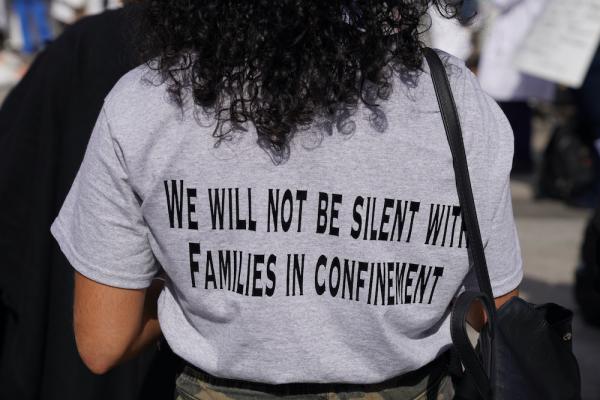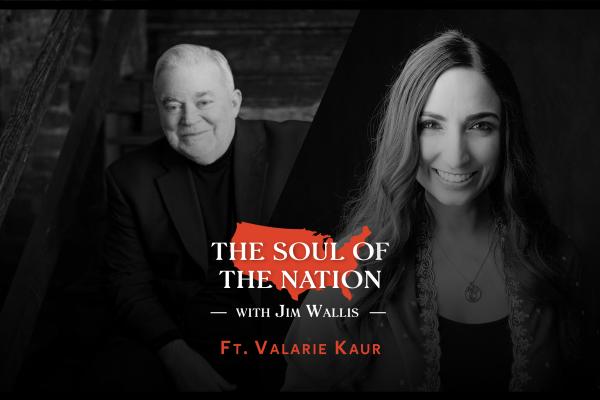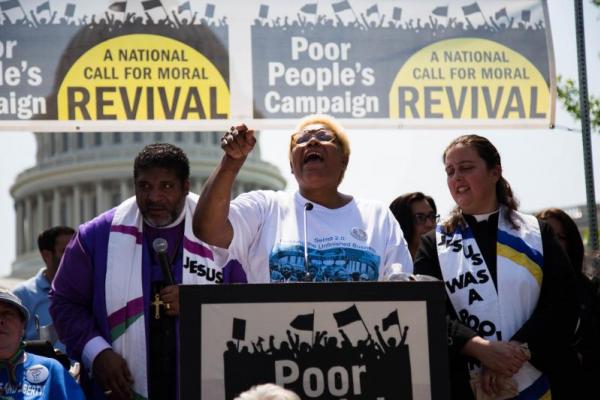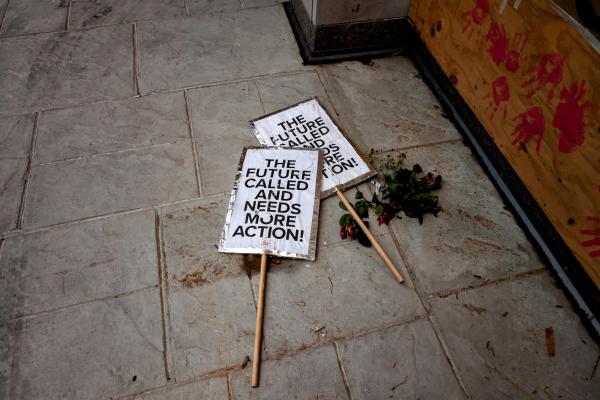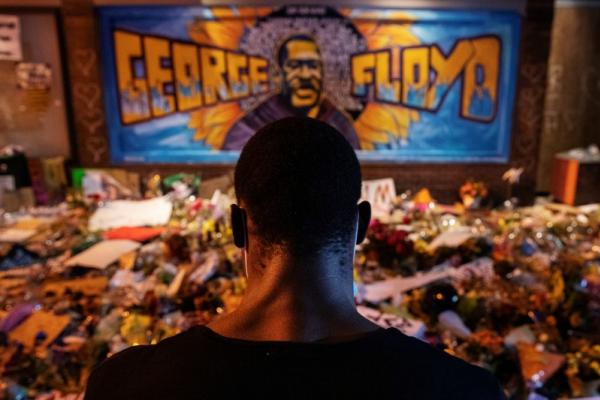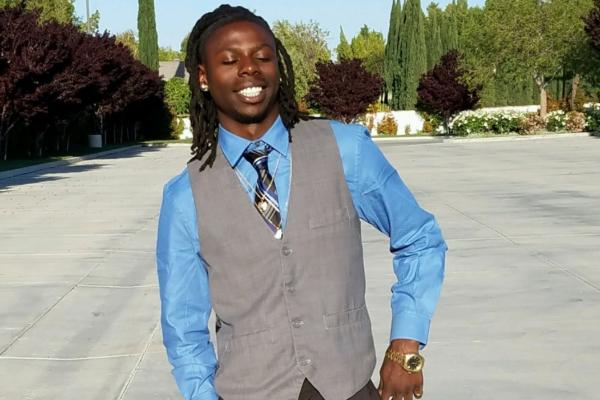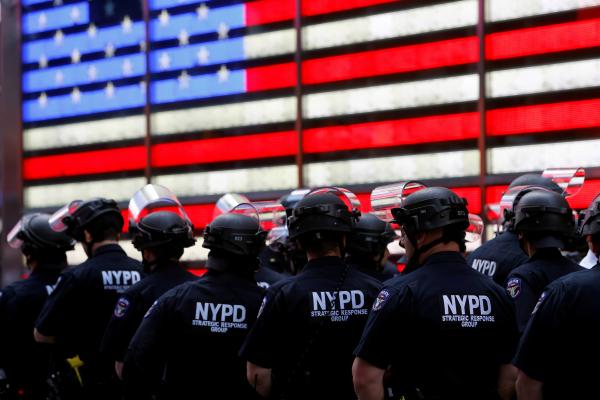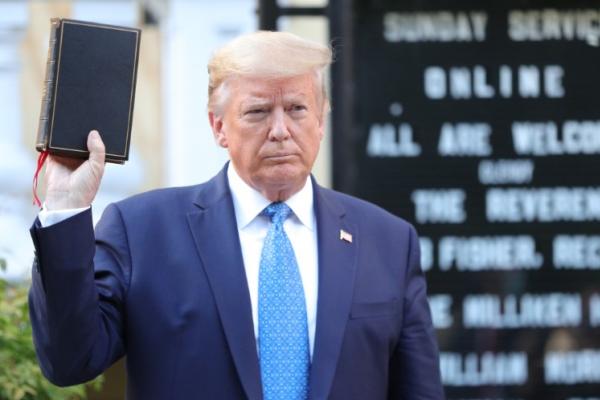One of the reasons I liked going to church was because I loved hearing stories about Jesus. One of the most compelling, yet saddest, stories I heard was about his manger birth. As a little girl, I simply could not understand how people could allow a baby to be born in a cold barn, in a manger. I cried every time we sang, “Away in a manger, no crib for a bed. The little Lord Jesus Lay down His sweet head.” Every time I heard that hymn, I was reminded of the little girl and boy I had seen on that rainy evening. Somehow, I instinctively knew that there was a connection between Jesus’ manger birth and their inner-city life.
Two years after the crisis of family separation horrified the nation, we face a repeat — this time under the cover of the COVID-19 pandemic. Multiple agencies report that parents in detention are being forced to make an impossible decision: Sign a form releasing their children from custody and detention (who knows what will happen to them?) or remain in indefinite detention with their children in unsafe conditions with no defense against the coronavirus.
Sikh American civil rights activist and lawyer Valarie Kaur talks with Rev. Jim Wallis about The Revolutionary Love Project.
This Saturday, people across the country will come together digitally to demand action from public officials as part of the Mass Poor People’s Assembly & Moral March on Washington.
While many Americans, especially white Americans, expect the police to protect their privileges, they often criticize police for the tactics used to protect those privileges. While people should indeed be appalled by racialized police violence, racialized policed violence is actually a symptom of the underlying pandemic of racism — a socially constructed malady designed to protect white privilege.
In July 1952, when I was 11 years old, some of my relatives took me to witness the Billy Graham Crusade in Jackson, Miss. Ropes were strung across the athletic field and stands where more than 300,000 people would gather to hear him preach during those hot summer nights. The ropes had one purpose: to keep the crowd segregated by the color of their skin.
On Monday, law enforcement officials in California announced further investigation into the deaths of Robert Fuller and Malcolm Harsch.
Fuller, 24, was found hanged from a tree in a park about a block from Palmdale City Hall last Wednesday. Harsch, 37, was discovered 10 days earlier on May 31, hanged from a tree in Victorville, which lies just 50 miles east of Palmdale.
That’s how fragile black life in the U.S. is. Our risk of being killed by police hinges on little things like the weather.
After the smoke cleared from “The Battle of Lafayette Square” and the cringeworthy visit by the first couple to the St. John Paul II National Shrine was over, most Americans missed what was supposed to be the crown jewel of the Trump religion propaganda trifecta: the signing of an executive order on international religious freedom.
I am tired of white colleagues who have ignored the reports of microagressions and outright racism but are now posting black boxes on social media or reaching out to me with an “I love you.” They may mean well but it often feels so little and too late.

